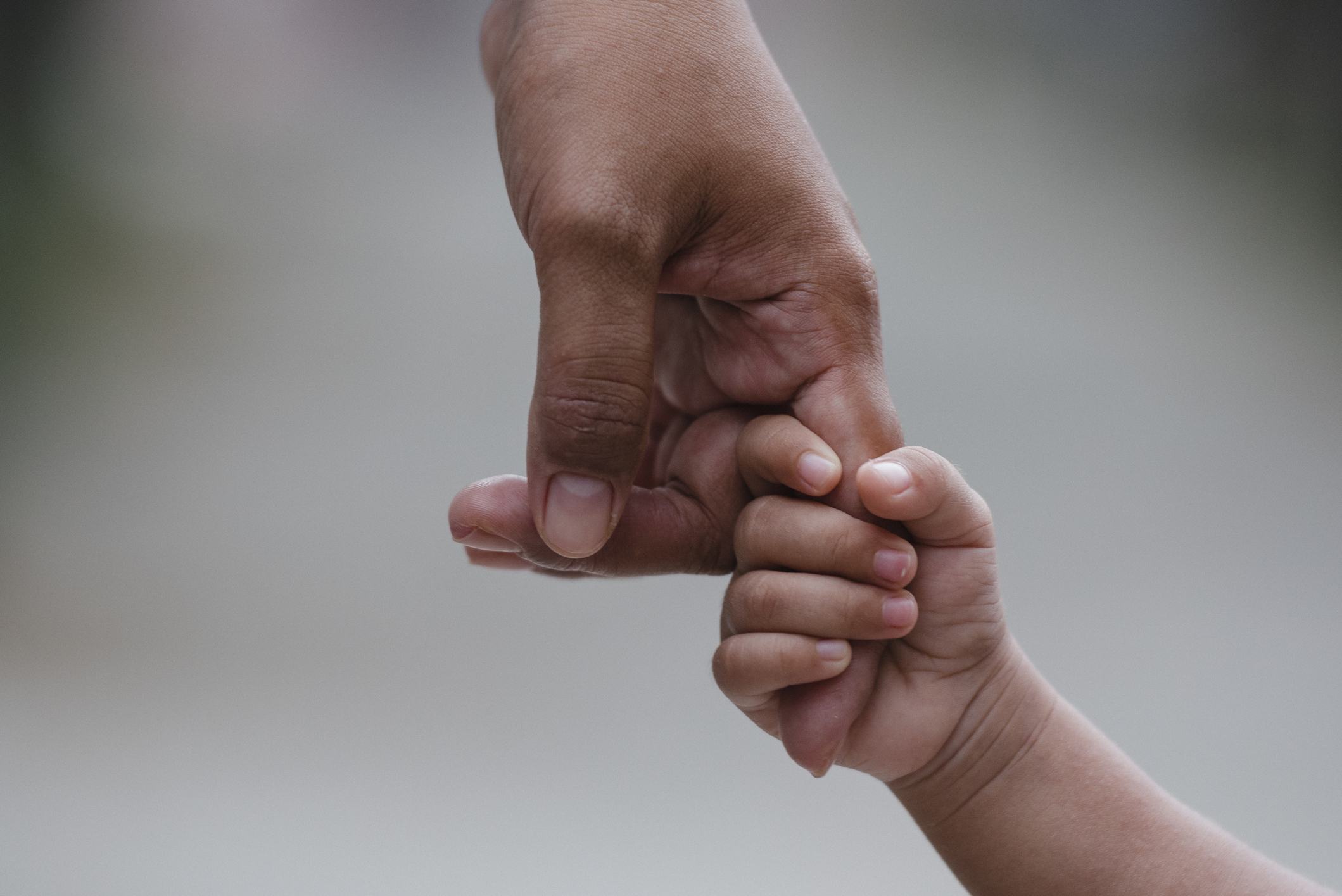
This blog post has been contributed by Professor Robert Jago, Module Convenor for Family law.

In July 2024 the House of Commons Library published a research briefing which provides a comprehensive overview of the concept of parental responsibility as outlined in the Children Act 1989 in England and Wales. The briefing explores various aspects of parental responsibility, including its definition, acquisition, implications in surrogacy, and circumstances under which it can be lost, while also touching on recent legislative developments. These developments focus on the suspension of parental responsibility in specific circumstances. In addition, more recent case law has considered the process by which parental responsibility can even be terminated. This blog will ask if these are necessary developments.
What is parental responsibility?
Students will know that parental responsibility is defined by s3(1) Children Act 1989 as the collection of ‘rights, duties, powers, responsibilities, and authority that a parent has concerning their child and their property.’ It is also worth remembering that legal parenthood and parental responsibility are distinct which means that a person can have parental responsibility without being the legal parent, and vice versa. This distinction emphasises the legal framework surrounding family relationships and child welfare. Although the Children Act 1989 does not provide an exhaustive definition of parental responsibility, it encompasses various aspects acknowledged by the courts, including making decisions about a child’s education, consenting to medical treatment, and determining the child’s name and religion. Everyone with parental responsibility can generally make independent daily decisions regarding the child, though important decisions—especially those affecting the child’s welfare—typically require mutual agreement.
Acquiring parental responsibility
The briefing explains various ways to acquire parental responsibility. Under s2 Children Act 1989, the child’s birth mother automatically has it from birth. Fathers or second female parents gain it if married to or in a civil partnership with the mother at birth. Under s4 Children Act 1989, unmarried fathers can obtain it by being named on the birth certificate or through a parental responsibility agreement. Non-parents, like stepparents, can acquire it via child arrangements orders under s8 Children Act 1989 or special guardianship orders under s14A Children Act 1989. Surrogates are considered legal mothers at birth, and intended parents must obtain a parental order under s54 Human Fertilisation and Embryology Act 2008, to gain responsibility post-birth.
Losing Parental Responsibility: Suspension or Termination?
How then can a parent lose parental responsibility? For legal mothers, it can only be terminated through an adoption order or a parental order in surrogacy cases. Fathers or parents gaining responsibility through marriage or partnerships may lose it similarly. Courts can restrict parental responsibility via orders, such as prohibited steps orders under s8 Children Act 1989, preventing certain actions without court consent. Recent amendments, including s18 Victims and Prisoners Act 2024, outline automatic suspension of parental responsibility for parents convicted of murdering their child’s other parent. These changes, known as “Jade’s Law,” aim to protect children’s welfare and have prompted discussions on expanding these measures for other serious offenses. On May 10, 2024, further amendments were introduced to the Criminal Justice Bill to extend this suspension to cases of child rape. The Secretary of State would also be tasked with preparing a report on these provisions after three years and could repeal them if necessary. However, the Criminal Justice Bill was dissolved before these provisions could be enacted, raising concerns over coverage for other sexual offences.
More recently, since this briefing was published, there has been report of a landmark ruling on parental responsibility. In this ruling the court relied on the case law which includes Re P (Terminating Parental Responsibility) [1995] 1 FLR 1048, Re DW (Termination of Parental Responsibility) [2013] EWHC 854 (Fam), and X and Y [2023] EWHC 3170 (Fam) and acknowledges that any application to terminate parental responsibility will require evidence of exceptional circumstances and necessity.
Necessary developments?
Family scholarship in the past thirty-four years, since the landmark decision in Re H (Minors) (Local Authority: Parental Rights) (No 3) (1991) Fam 151, has tended to focus on the potential injustices that face unmarried fathers when it comes to parental responsibility. George, Thompson and Miles (2023) note that the law has subsequently developed in such a way as to promote and arguably prioritise genetic fatherhood whilst not always valuing the actual work of parenting. Recent developments regarding the suspension and termination of parental responsibility indicate that the framework is evolving alongside changing societal values and a growing awareness of children’s welfare. While such actions are not taken lightly, having the option for automatic suspension and possible termination in response to serious criminal offences reflects a principled and practical approach and are necessary developments. As these changes continue to evolve so the criticisms will more readily emerge but for now, we should remember the famous words of US President John F Kennedy from 1963: ‘Children are the living messages we send to a time we will not see.’ They deserve our responsible protection.
References
Landmark ruling on parental responsibility, 31 January 2025. The Law Society Gazette
Parental responsibility in England and Wales, 16 July, 2024. UK Parliament
R. George, S. Thompson and J. Miles, Family Law (Text, Cases and Materials) (Oxford University Press 2023).






